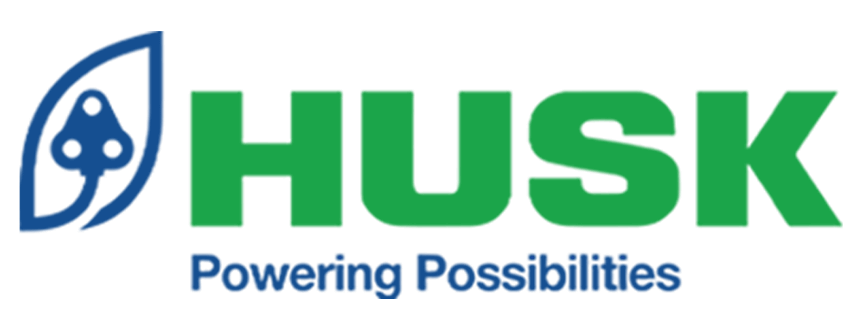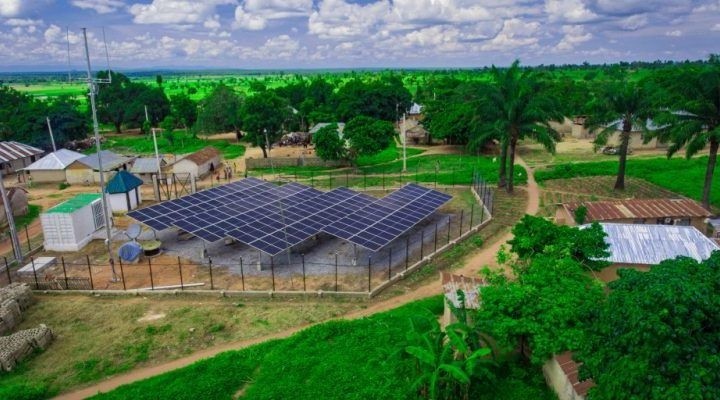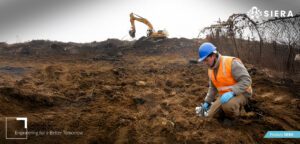Husk is one of the world’s leading distributed utilities providing reliable power to rural communities and businesses, entirely from renewable energy sources – 24 hours a day, 7 days a week – at a price they can afford. Husk has taken a 360-degree approach to innovation, looking at technology, business model and financing when determining how to best electrify communities in rural Africa and Asia that have never had an energy supply. The company uses a hybrid of solar, waste biomass gasification and batteries in its microgrids, enabling 24/7 power that is 100% renewable and hence achieving affordable and clean energy goal.
William Brent, Chief Marketing Officer at Husk shared with Visions for Europe, “Husk currently has about 140 sites in India, Nigeria and Tanzania, and is targeting 10x growth to about 1,400 microgrids in the coming 4-5 years. In January 2022, it signed a UN Energy Compact to build 5,000 microgrids by 2030 and connect 1 million customers, half of them small businesses. Besides providing electricity, Husk is also serving its communities with a range of services, including agro-processing, irrigation and cold chain, e-mobility and clean water provision.”
Although contributing virtually nothing to the environmental shocks caused by climate change, the communities that Husk serves are actually the most “climate vulnerable”. Microgrids are a solution that can create more resiliency in rural Africa and Asia, but providing a decentralized solution that can still function and perform amid increased flooding, drought, heat etc. The disruption to supply chains because of the Covid pandemic also reinforced the role off-grid and weak grid microgrids can play in ensuring basic services like power.
Husk not only provides renewable electricity to the community it serves, but it also works closely with local micro, small and medium-sized enterprises (MSMEs) to help them transition away from diesel generation, thus reducing their emissions and helping them save money on their monthly energy expenses. Husk serves more than 6,000 MSMEs today and is targeting 500,000 by 2030.
In its Energy Company signed with the United Nations in 2022, Husk committed to several long term 2030 goals:
1) Building 5,000 mini grids that connect 1 million customers, including 500,000 small businesses, and benefit 11 million people
2) Installing 500 megawatts of standalone solar projects for rural commercial and industrial customers,
3) Avoiding 7 megatons of CO2 emissions,
4) Selling 5 million energy efficient appliances/machines to households and business to enable more economic and social benefit.

Useful links:








